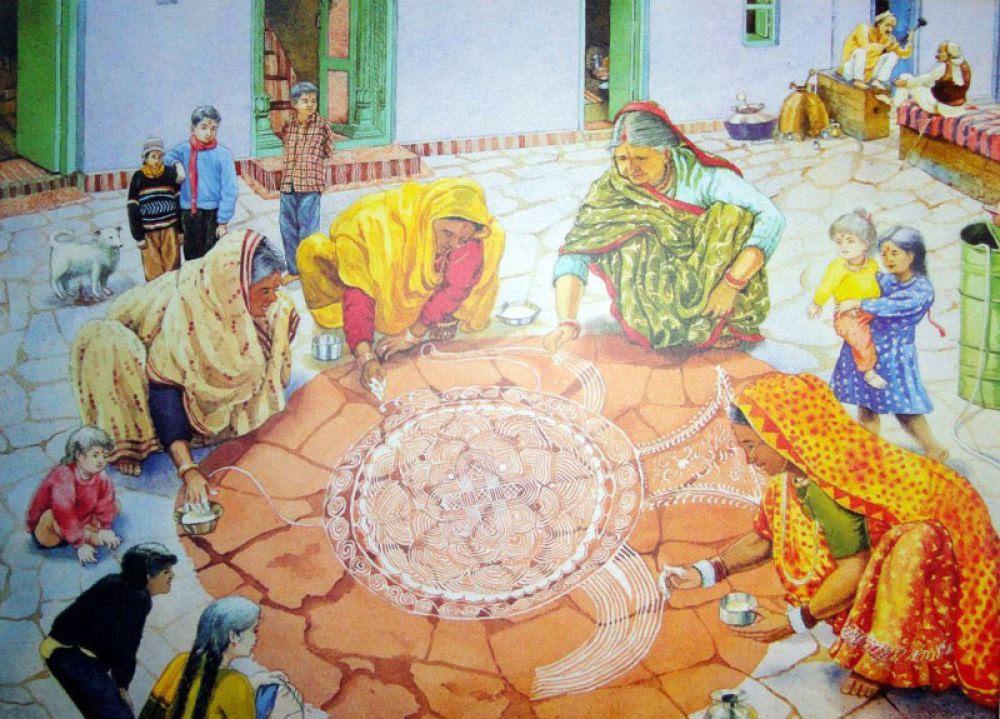

The Folk Culture Museum, also known as Lok Sanskriti Sangrahalaya, is a lesser-known gem located in the beautiful lake town of Bhimtal in the state of Uttarakhand, India. Established by Dr. Yashodhar Mathpal in 1983, the museum has been a significant cultural hub, housing a rare collection of artifacts that represent the folk cultural heritage of the Uttarakhand region. This privately-run museum has played a pivotal role in preserving and showcasing the traditions, art, and practices of the Himalayan foothills.
The museum's tourism history is relatively recent, taking into account that Dr. Yashodhar Mathpal discovered the crucial need to preserve the rapidly vanishing local culture and heritage. Since its inception, the museum has attracted tourists interested in the cultural and ethnographic history of the region. However, it was not until the late 1990s and early 2000s that the museum saw a steady increase in tourism, attributable to the growing interest in sustainable and cultural tourism.
With increasing awareness and promotion by the Uttarakhand Tourism Board, the Folk Culture Museum began to gain prominence as a must-visit destination for both domestic and foreign tourists. The museum's collection includes a wide array of artifacts like traditional garments, folk paintings, musical instruments, ancient manuscripts, and household utensils which reflect the daily life and customs of the local people.
In recent years, there has been a shift towards experiential and educational tourism, with travelers seeking authentic and meaningful interactions with local cultures. The Folk Culture Museum has responded to this trend by offering more immersive experiences, including live demonstrations of traditional art forms, craft workshops, and interactive tours, allowing visitors to gain a deeper understanding of the region's cultural heritage.
Moreover, the museum continues to attract scholars, historians, and students who are keen to study the rich tapestry of Kumauni culture. The trend towards responsible tourism has also benefitted the museum, with tourists increasingly conscious of the importance of preserving delicate cultures and ecosystems.
The Folk Culture Museum holds a special place in the tourism landscape of Uttarakhand. It not only serves as a repository of the state's cultural riches but also plays a crucial role in the preservation and dissemination of local heritage. For tourists, the museum offers a unique insight into the life and traditions of the Himalayan communities that is often not accessible through mainstream tourism channels. The attention to detail and authenticity makes it an invaluable educational resource, contributing to the cultural enrichment of visitors.
As a responsible tourism destination, the museum emphasizes the sustainable development of the local community. It provides an impetus for the conservation of customs and crafts, thus ensuring their endurance for future generations. The Folk Culture Museum is a shining example of how cultural attractions can contribute significantly to the tourism industry by offering enriched, responsible, and enjoyable experiences for all visitors.